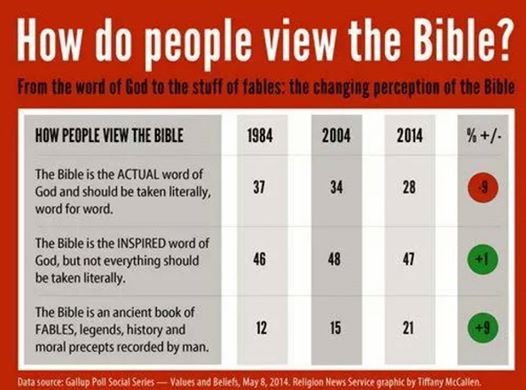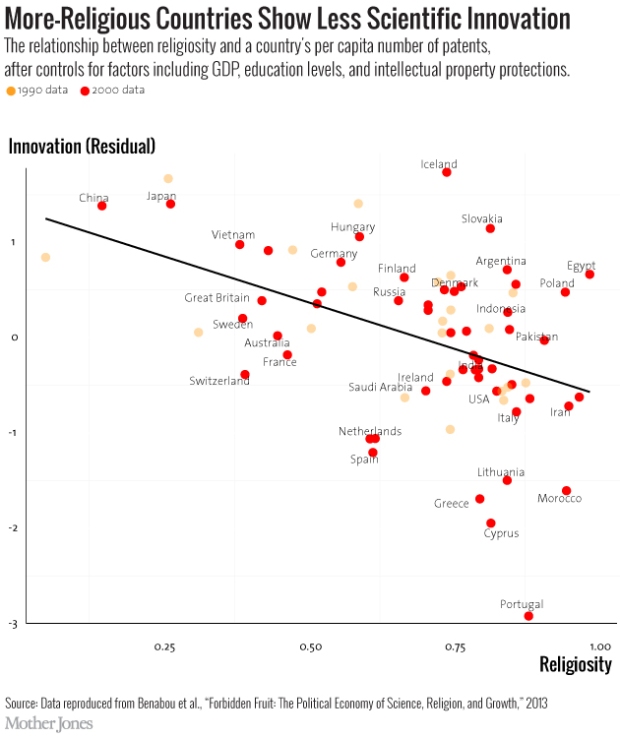Even though it is usually expected that teenagers growing up secular would be ethically inferior to their religious counterparts, numerous sociological studies show this is untrue.
Dr Phil Zuckerman, a prominent sociologist, writes that
1. “When teens mature into “godless” adults, they exhibit less racism than their religious counterparts, according to a 2010 Duke University study.”
2. “Many psychological studies show that secular grownups tend to be less vengeful, less nationalistic, less militaristic, less authoritarian and more tolerant, on average, than religious adults.”
3. “Secular teenagers are far less likely to care what the “cool kids” think, or express a need to fit in with them, than their religious peers.”
4. Secular people tend to prioritize “rational problem solving, personal autonomy, independence of thought, avoidance of corporal punishment, a spirit of “questioning everything” and, far above all, empathy.”
Furthermore, according to Vern Bengston, a USC professor of gerontology and sociology, who has over has overseen the Longitudinal Study of Generations, which has become the largest study of religion and family life conducted across several generational cohorts in the United States, there are “High levels of family solidarity and emotional closeness between parents and nonreligious youth, and strong ethical standards and moral values that had been clearly articulated as they were imparted to the next generation. Many nonreligious parents were more coherent and passionate about their ethical principles than some of the ‘religious’ parents in our study. The vast majority appeared to live goal-filled lives characterized by moral direction and sense of life having a purpose. [Emphasizing] rational problem solving, personal autonomy, independence of thought, avoidance of corporal punishment, a spirit of “questioning everything” and, far above all, empathy.” (1)






